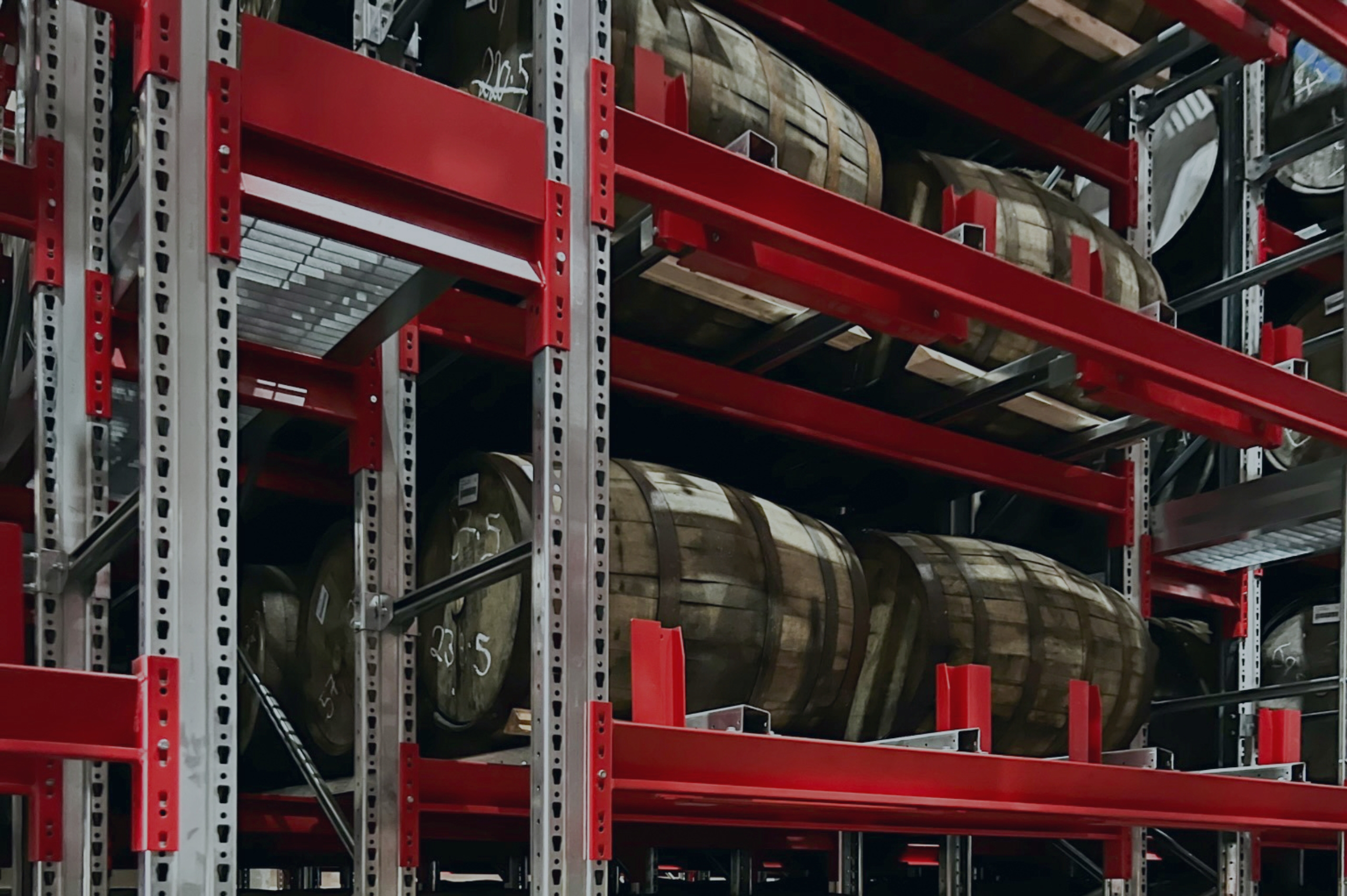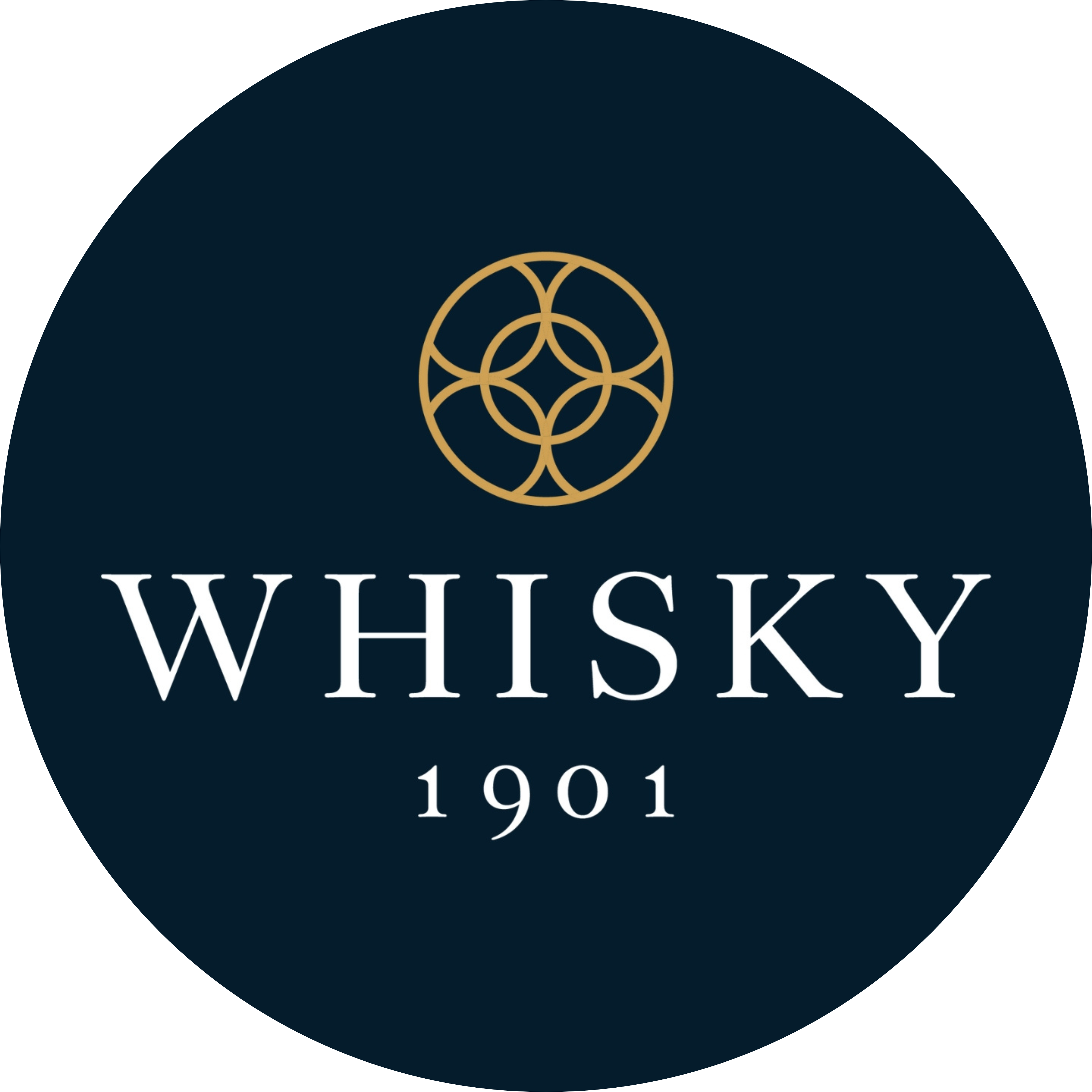1. Origin
If the drink is made in Scotland, Canada or Japan, it is spelt without the ‘e’. Whilst Scotland is well-known for its whisky industry – there are 145 distilleries in Scotland according to the Scotch Whisky Association – it may come as a surprise for some that whisky plays an important role in the other two countries.
For whisky to be called Scotch, it must be made from malted barley that has been matured in oak barrels for at least 3 years in Scotland. Regulations for Canadian whisky, as set out in Canada’s Food and Drugs Act, state that the whisky must be ‘mashed, distilled and aged in Canada’. It must ‘not contain less than 40% ABV’, must be ‘aged in small wood vessels for not less than three years’ and ‘may contain caramel and flavouring’.
Popular whiskies in Canada include Canadian Club and Forty Creek Confederation Oak.
Japanese whisky is like Scotch in the sense that a conscious effort has been made in the production to recreate the same style – which also helps explains why it has the same spelling. The Japanese industry was started by Shinjiro Torii, the founder of Yamazaki, who sent his protege Masataka Taketsuru to Scotland for three years prior to learn the art making whisky the Scottish way.
New regulations are coming into force in 2024, which will mean that all Japanese whisky must be distilled, fermented, bottled and aged in Japan, use a portion of malted grain in its mash and use water sourced from Japan. Brands including Yamazaki, Hibiki and Yoichi lead the way in this sector.
When it comes to whiskey with an ‘e’, this relates to all whiskies distilled in the United States and Ireland. Irish whiskey was once the most popular spirit in the world and was also one of the earliest distilled drinks in Europe.
The difference in the two spellings comes from the translation of words from the Scottish and Irish Gaelic forms, with it being said that in the late 1800s Scottish whisky was so poor that Irish producers wanted to differentiate their product.
The fact that American whiskey is also spelt with an ‘e’ is believed to come down to the large number of Irish immigrants who travelled to the United States in search of a new life. Where most do follow this spelling, there are some American whiskey brands who choose to use the Scotch whisky spelling, for example, Maker’s Mark. This was in tribute to the Samuels family’s Scots-Irish ancestors.
Origin is important, particularly when is comes to whisky cask investments. As a Scotch whisky investment specialist, here at Whisky 1901 we only work with the finest distilleries in Scotland.
2. Taste
The use of ‘e’ in whiskey also signals a difference in taste – another key factor when it comes to whiskey investment.
Canadian whisky is a typically lighter and smoother drink than others. There can be notes of caramel and vanilla added, giving it its different, sweeter, taste. Unlike Bourbon, Canadian whisky can be aged in barrels previously used to hold sherry, which allows for the creation of more subtle flavours.
As Japanese whisky was created to mimic Scotch, it is very similar in taste.
In comparison, American whiskey is typically seen as sweeter than Scotch. With its six different varieties, including Bourbon and rye malt, dominant flavours include malt, orchard fruits (for example, orange and lime) and wood.
Irish whiskey is known for its fruity and light flavour, with cereal grain notes. The spirit can be divided into different types, including single malt, single grain and blended whisky. There is also pure pot Irish whiskey, which has a distinctively spicy flavour.
One of the main differences between Irish whiskey and others such as Scotch is that it tends to be smoother and less peaty than the earthly overtones associated with Scotch.
So, when it comes to whisky or whiskey the main differences are origin and taste. The small matter of an ‘e’ can reveal a lot about where a whisky or whiskey comes from, its flavour profile and history. Whether you are looking at Scotch whisky investment or whisky cask investment generally, it’s good to understand the finer details.




